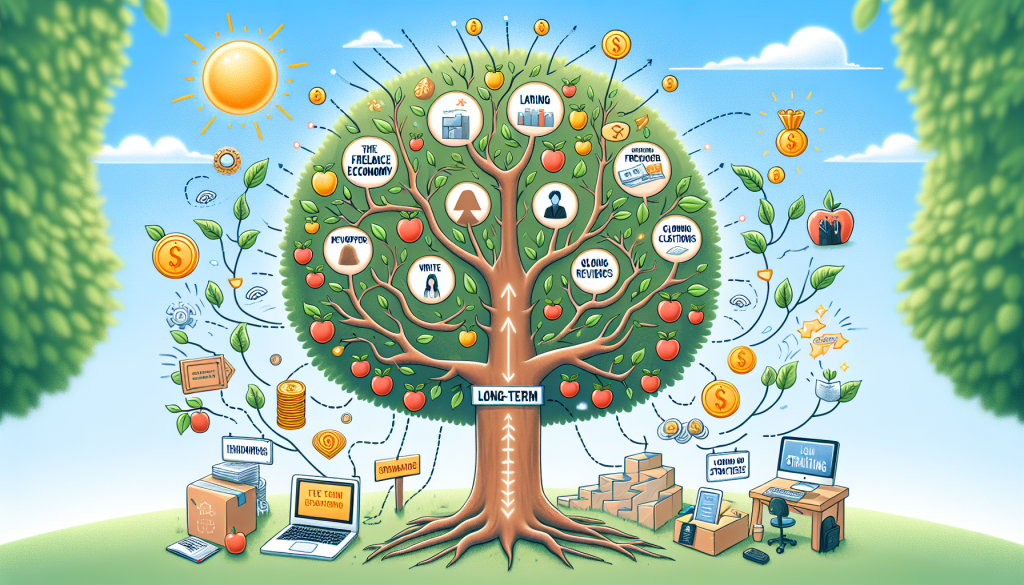
The Gig Economy Grows Up: Long-Term Strategies for Freelance Success
The Gig Economy Grows Up: Long-Term Strategies for Freelance Success
In the past decade, the rise of the gig economy has revolutionized the way we work. With the freedom and flexibility to choose their own projects and schedules, more and more people are turning to freelance work. However, as the gig economy continues to grow, freelancers are facing new challenges and competition. In order to succeed in this fast-paced and ever-changing industry, it is important for freelancers to have a long-term strategy in place. In this article, we will explore some key strategies for freelance success in the gig economy.
Adapt to market trends
One of the keys to success in the gig economy is the ability to adapt to market trends. As the needs and demands of clients and businesses change, freelancers must be able to quickly pivot and offer services that are in demand. This requires staying up-to-date with industry news and trends, as well as constantly updating skills and learning new technologies. By staying ahead of the curve, freelancers can position themselves as experts in their field and attract more clients.
Build a strong online presence
In today’s digital age, having a strong online presence is crucial for any freelancer. This includes having a professional website, active social media accounts, and a strong portfolio showcasing your work. With the gig economy being highly competitive, having a strong online presence sets you apart from the rest and helps you attract potential clients. It also allows you to build a personal brand and establish yourself as a reputable and reliable freelancer.
Network and build relationships
In the gig economy, networking and building relationships is essential for long-term success. Attending networking events, connecting with other freelancers and businesses on social media, and joining online communities are all great ways to expand your network. These connections can lead to potential collaborations, referrals, and long-term partnerships. Building strong relationships within your industry can also help you stay informed about new opportunities and stay ahead of the competition.
Develop a niche
In a crowded gig economy, standing out can be a challenge. This is why developing a niche is important for freelancers. By focusing on a specific industry, service, or skill set, you can position yourself as an expert in that particular area and attract clients who are looking for specialized services. This also allows you to charge higher rates for your services, as clients are willing to pay more for experts in their specific field.
Focus on long-term goals
While the gig economy may offer short-term projects and gigs, it is important for freelancers to have a long-term mindset. This includes setting achievable long-term goals and working towards them. Whether it is increasing your income, expanding your client base, or improving your skills, having a clear understanding of your long-term goals can help guide your decisions and actions in the short term. It also gives you a sense of direction and purpose, ensuring you are on track for long-term success.
The gig economy is here to stay and as it continues to grow and evolve, freelancers must also adapt and evolve. By implementing these strategies, freelancers can position themselves for long-term success in the gig economy. As the saying goes, “Rome wasn’t built in a day”, and neither is a successful freelance career. With perseverance, hard work, and a solid long-term strategy, any freelancer can thrive in the gig economy.
